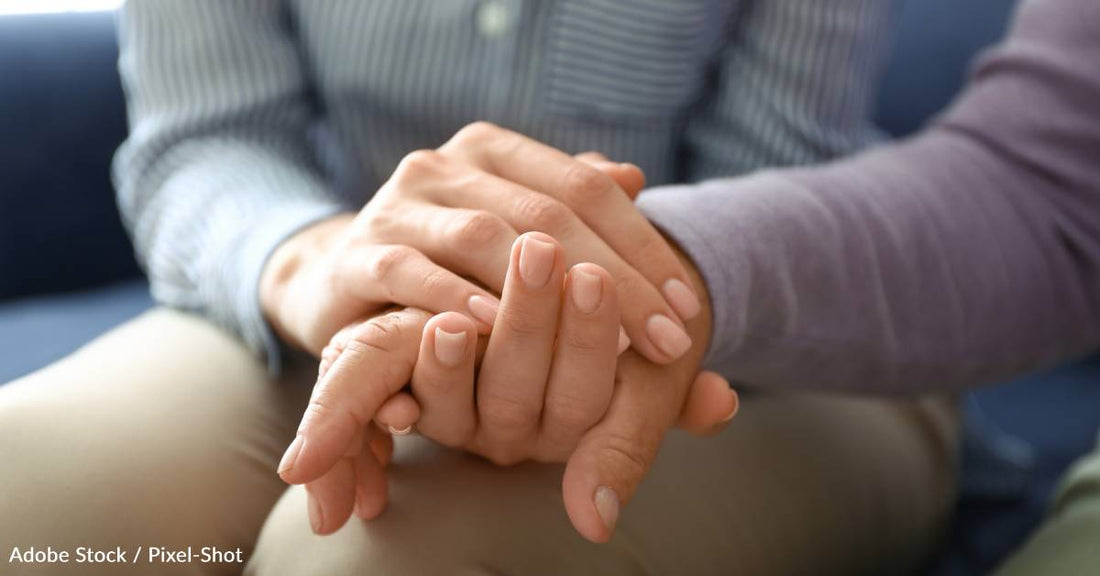Despite Many Cancer Caregivers Experiencing Distress, Study Finds They're Rarely Screened for It
Michelle Milliken
When a loved one gets cancer and you take on the task of caregiving, it can come with many emotions. While you may feel proud to help and may build a stronger connection them through this difficult situation, you may also experience feelings of grief, sadness, and frustration. A new study, though, finds that checking caregivers for these struggles is rare.
Research recently published in the Journal of the National Cancer Institute looked at the rates of distress screening in cancer caregivers, along with how often management strategies are recommended. Through an online survey of cancer care practices, the team found that while 92.5% of respondents screen patients for distress, only 16% do the same for caregivers. Additionally, though there are management strategies available to caregivers, they’re not often referred to them. The researchers say this shows the need for better protocols to address distress in caregivers, which, in turn, helps patients.
Dr. Chandylen Nightingale, co-lead researcher and assistant professor of social sciences and health policy at Wake Forest University, says, “The role of the caregiver is incredibly important, but it’s also very challenging. Caregiver well-being is crucial because there is evidence to suggest that happy and healthy caregivers provide better support and care to their loved ones, potentially leading to better patient outcomes and even reduced burden for our health care systems.”
To better understand how caregivers are currently being supported, the researchers teamed up with the National Cancer Institute Community Oncology Research Program to administer an online survey to supportive care leaders at NCORP sites. The questions addressed caregivers, distress screening, and distress management strategies at their practices.
In addition to learning that only 16% of sites screened caregivers for distress, the team found that referral strategies were lacking even more. Overall, less than 13% of the practices identified caregivers, screened them, and had referral protocols in place for them. That compared to 90.6% of sites doing so for patients.
The team hopes their findings lead to more efforts to address this shortfall, and to figure out how to make supportive care services more accessible.
Dr. Nightingale says, “We do need to better understand the unique barriers in community oncology settings that are preventing systematic screening for caregivers. Our findings suggest that patient distress screening is widespread among community oncology clinics. However, very few are comprehensively engaging caregivers.”
In the interim, if you’re a cancer caregiver who could use breather, the American Cancer Society recommends taking time to care for yourself, too, planning things you enjoy, seeking professional help if it’s needed, and taking steps to lower your stress. Recommended stress reduction activities include asking other family members for help with caregiving, getting plenty of exercise, eating healthy, seeking spiritual support, and spending time with friends.




